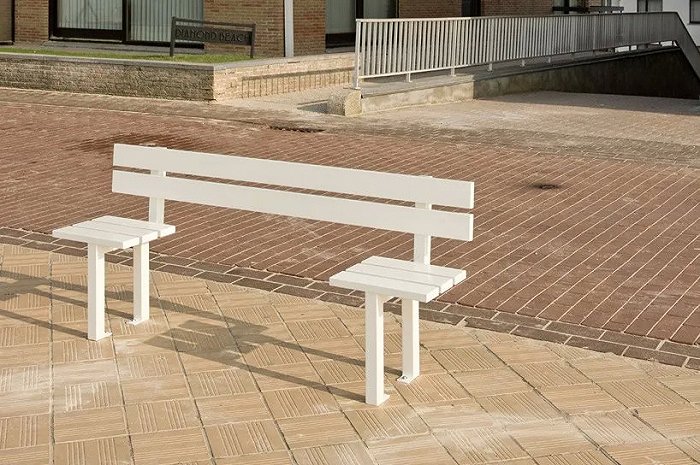Long-time resident and new Belgian Gareth Harding shares his thoughts about life in Brussels and Belgium
Welcome to my more-or-less weekly column where I’ll share my thoughts and observations about life in Brussels and Belgium from the perspective of a long-time resident but a newly-minted Belgian.
I have lived in Brussels for almost 30 years. When I tell this to most people they look at me like I’ve just admitted to being a cat torturer. They then ask: “So you must really love it here?” For most of the last three decades my answer has been a stern “no,” prompting further bemusement and concern about whether I’m suffering from a perverted form of Stockholm Syndrome.
Since I became Belgian a few years ago, my feelings towards my adopted country have changed so dramatically that I recently penned an article for POLITICO titled ‘How to fall in love with Belgium – a convert’s guide.’ But despite my new-found enthusiasm for Belgium, my feelings towards it remain as ambiguous as my fellow country people – the majority of whom wish they came from somewhere else, according to polls.
Hence the title of this column.
The half-Belgian, half-British poet Patrick McGuinness describes Belgitude as a “slightly adrift sense of belonging” and comparing Belgium to autumn, writes how “its unmistakable confusion about what it was, made it what it was.”
For me Belgitude is not about being Belgian – there are plenty of non-Belgians who love this small, windswept country and plenty of Belgians who’d prefer it disappeared from the map. Instead, it’s that strange feeling of living in place that is clearly a state, but not quite a country. Or ‘ceci n’est pas un pays,’ as René Magritte might have scribbled.
Belgitude is a feeling of almost constant ambiguity. The awkward moment when you don’t know what language to say hello in when you meet someone – “I learned to keep my mouth shut in two languages” writes McGuinness. The ‘normalement’ from a policeman saying the dodgy thing you just did isn’t allowed but will this time. And the road signs pointing to your destination in both directions.
Belgitude is also about living in a country that has elevated surrealism to not just an art form but a way of life. After all, this is country where a former prime minister - Yves Leterme - belted out La Marseillaise instead of La Brabançonne when asked by a TV reporter to sing the national anthem on Belgium’s national day. It’s a country where you can pee against church walls but not open shops on Sundays. And it’s a country which once offered journalists gifts of erotic chocolates and unpainted plaster gnomes to celebrate its rotating presidency of the EU.
Finally, Belgitude is about remaining splendidly relaxed with all this ambiguity and oddness as if it’s the most normal thing in the world. Or as a recent Economist article described it: “Belgian zen: an ability to cope with a way of life that is sometimes disturbing, sometimes wonderful, but always weird.”
Indeed Belgians, unlike most of their neighbours, have little time for pomp and revel in self-deprecation. The country’s most famous monument – the Manneken Pis – literally takes the piss. And the new Belgian passport features cartoons of the Smurfs, Tintin and Lucky Luke instead of soaring peaks and gothic cathedrals.
This column will be a personal exploration of what it means to be Belgian from someone who’s just become one – “tell us when you know the answer” one Belgian friend quipped. It will be about discovering a country I’ve lived in for so long but know so little about. And it will be about what makes Brussels a city few want to come to but nobody wants to leave.
It will pose critical questions: like why don’t more tourists come to Brussels? Is Charleroi really the world’s ugliest city? Or what makes the perfect shrimp croquette? And at times it will be downright critical – of the fact that Place Sablon is the world’s most beautiful car park, for example. But this criticism will always try to be constructive – with the aim of making Brussels and Belgium even greater places to live and visit.
I hope you will approach the column in the same way and share your feedback on The Brussels Times’ social media channels in an open and respectful spirit. I’d love to hear from you and hope you enjoy the column.
What does Belgitude mean to you? Share your thoughts on Twitter, Facebook and Instagram. You can also follow Gareth on Twitter @garethharding

